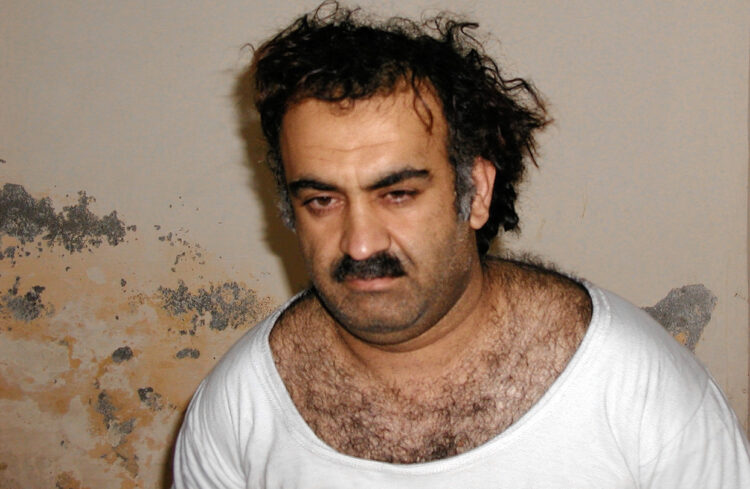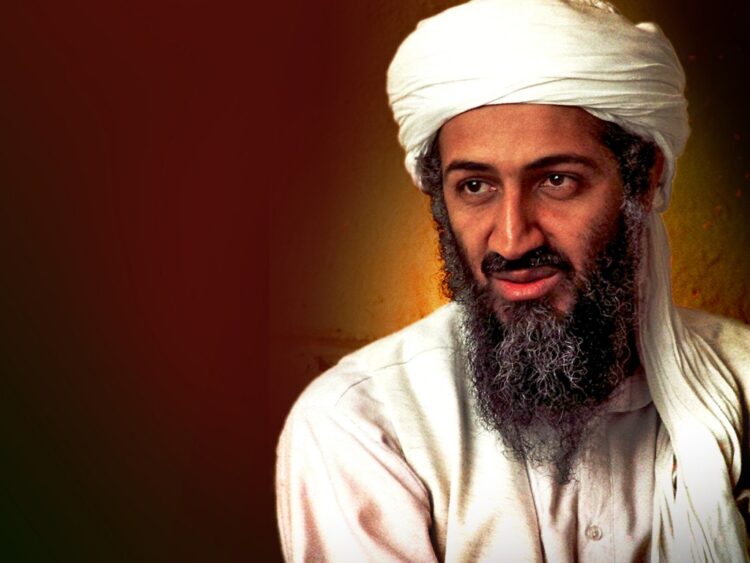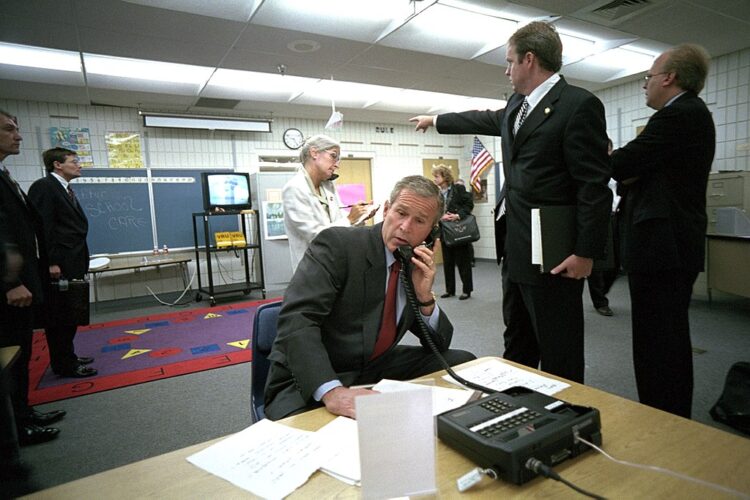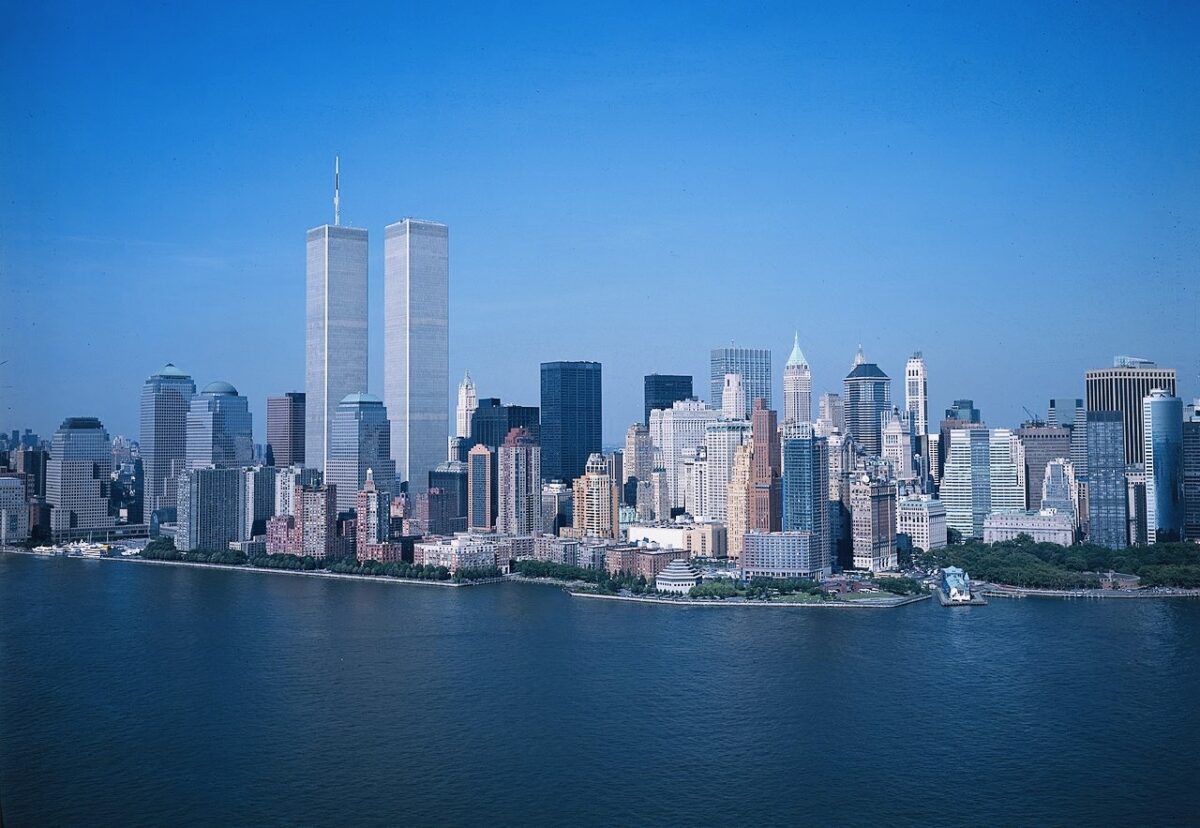September 11, 2001 was one of those glorious September days when the air felt almost autumnal and the sun was piercingly bright.
I was in my cubicle on that morning writing a story about an Israeli movie director I had interviewed at the Toronto International Film Festival, an annual event I covered for the newspaper that employed me.
It was usually quiet at that hour, but around 8:30 a.m., I heard a cacophony of voices a few desks away from mine. People were talking about an airplane that had crashed into the World Trade Center in Manhattan.
Only a few years earlier, my family and I had visited the Twin Towers, having taken the elevator to the observatory of one of the buildings for an unsurpassed view of New York City.
I assumed there had been a terrible accident and went back to work. But shortly afterward, the voices in my office rose to a fever pitch. Another passenger plane had plunged into the World Trade Center, and thick black smoke was pouring from its innards.
I was now certain that this was a terrorist incident on a monumental and unprecedented scale. Newscasts bore out my suspicion.
That afternoon, I appeared at the headquarters of the Toronto International Film Festival to interview the director of The Grey Zone, one of the finest and most realistic mainstream movies I had ever seen about the Holocaust. I was informed that my interview had been cancelled and that the festival itself had been cut short by the tragedy in Manhattan.
Twenty one years on, my memories of 9/11 still resonate.
It was a rare moment when Americans, regardless of their political beliefs and social agendas, felt a real sense of unity. There had not been a unifying moment like this since Japan’s bombing of the U.S. naval base at Pearl Harbor on December 7, 1941 and America’s subsequent entry into World War II.
On that fateful, late summer day, 19 Arab terrorists, 15 of whom were Saudi Arabian citizens, hijacked the American airplanes they repurposed as deadly missiles. They were all affiliated with Al-Qaeda, a virulently anti-American Islamic fundamentalist organization based in Afghanistan, which was ruled by the Taliban, an equally radical Muslim outfit.
Apart from the Twin Towers, the hijackers targeted the Pentagon, the seat of the Department of Defence and an assortment of national intelligence agencies. A fourth aircraft bound for Washington, D.C. crashed into an empty field near Shanksville, Pennsylvania, after passengers attempted to storm the cockpit.
Nearly 3,000 people in the air and on the ground were killed on September 11.

The self-proclaimed mastermind of 9/11, Khalid Sheikh Mohammed, was a close associate of Al Qaeda’s Saudi leader, Osama bin Laden, who was assassinated by U.S commandos in Pakistan in 2011. Mohammed, caught by American operatives in 2003 in Pakistan, is currently imprisoned in a U.S. detention camp in Guantanamo Bay, Cuba.
Mohammed was due to be put on trial in Manhattan more than a decade ago, but the city balked at the high cost of security, prompting the U.S. government to decide to try him before a military tribunal. When this proceeding will take place remains uncertain.

Bin Laden’s second-in-command, Ayman al-Zawahri, was killed recently by a U.S. drone strike.
In the immediate aftermath of 9/11, the then U.S. president, George W. Bush, declared a war against terrorism — a war that President Joe Biden has promised to continue.

Within a month of 9/11, Bush ordered the invasion of Afghanistan. The Taliban regime fell and a new pro-U.S. government was installed, phasing in Western-style social and political reforms. But the scourge of corruption was never uprooted, and the Taliban eventually regrouped and recaptured territory from U.S.-backed government forces.
Last August, in a hasty and chaotic unilateral withdrawal, the U.S. pulled out of Afghanistan, leaving this ravaged nation to the tender mercies of the Taliban. Since then, the Taliban has reintroduced Sharia law and rolled back progressive legislation that had empowered girls and women.
Twenty years of advances, financed by the United States and European countries, vanished virtually overnight.
The Bush administration, convinced by false intelligence that the Iraqi government had consorted with Al Qaeda and that Iraq’s weapons of mass destruction had not been destroyed by United Nations inspectors, launched an invasion of Iraq in March 2003.
The shock and awe of American air power in the second Gulf War since 1991 had a devastating effect on Iraq’s outclassed military. Within days, Saddam Hussein’s minority Sunni Baathist regime collapsed, and Saddam went into hiding along with the rest of Iraq’s leadership. He was soon caught and hanged.
With the Baathists soundly defeated thanks to America’s armed intervention, the majority Shi’a Muslims of Iraq asserted themselves and assumed power, irretrievably changing the dynamics of Iraqi politics in practically one fell swoop.
At the same time, Washington’s decision to disband the Iraqi armed forces caused deep and widespread resentment among unemployed army officers. Banding together with Islamic extremists supported by Al Qaeda, they ignited a nation-wide rebellion against the U.S. occupation.
By 2006, Iraq was enmeshed in a fullscale civil war, with Sunnis and Shi’as battling for supremacy and territory.
As these events played out, Iraq’s Shi’a neighbor, Iran, which had been contained by Saddam, greatly extended its influence in Iraq. Meanwhile, a new group, Islamic State, took control of one city after another in an attempt to establish a caliphate.
Islamic State was crushed militarily in 2017 by the United States and its Iraqi and Kurdish allies, but it has yet to be completely extinguished by military means.
9/11 burns brighly today as an inflection point when the United States displayed its awesome capabilities to confront a host of Muslim enemies. Iran is still a force to be reckoned with, not only by the United States but by Israel as well.
But with Russia having invaded Ukraine and with China, another illiberal power, backing its aggression, the war against terrorism unleashed by 9/11 is fading into the background.
Nonetheless, the emotional impact of 9/11 is still keenly felt, here, there and everywhere.
